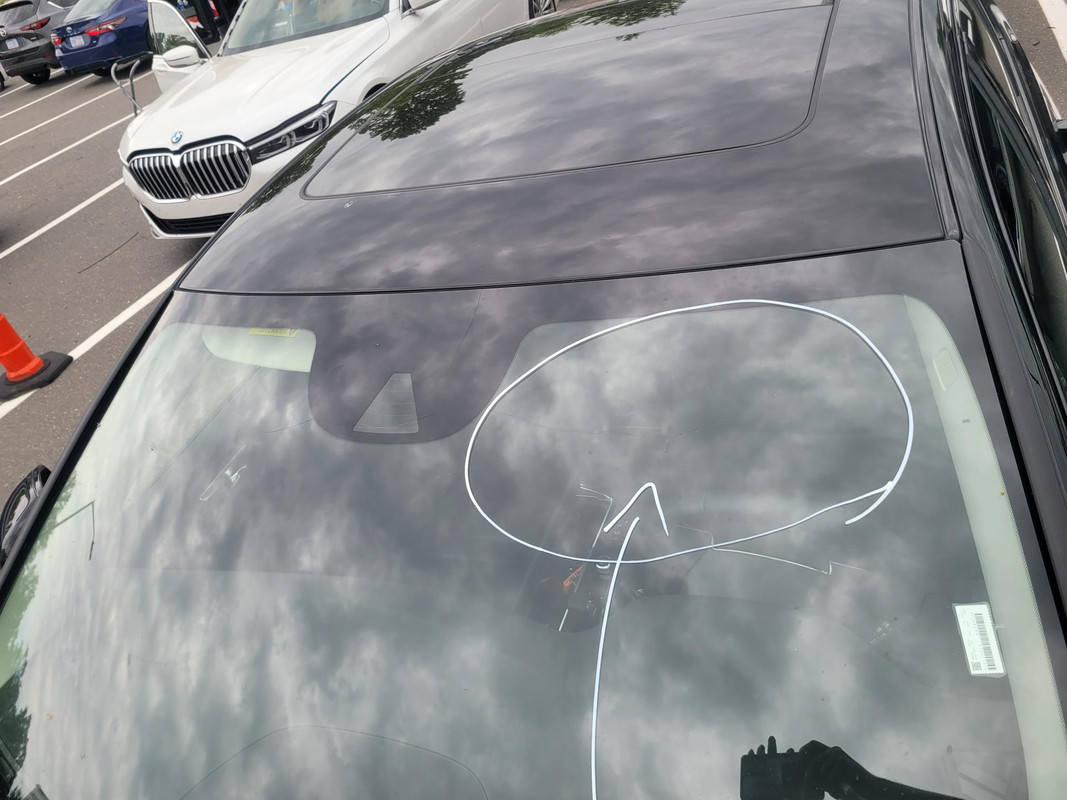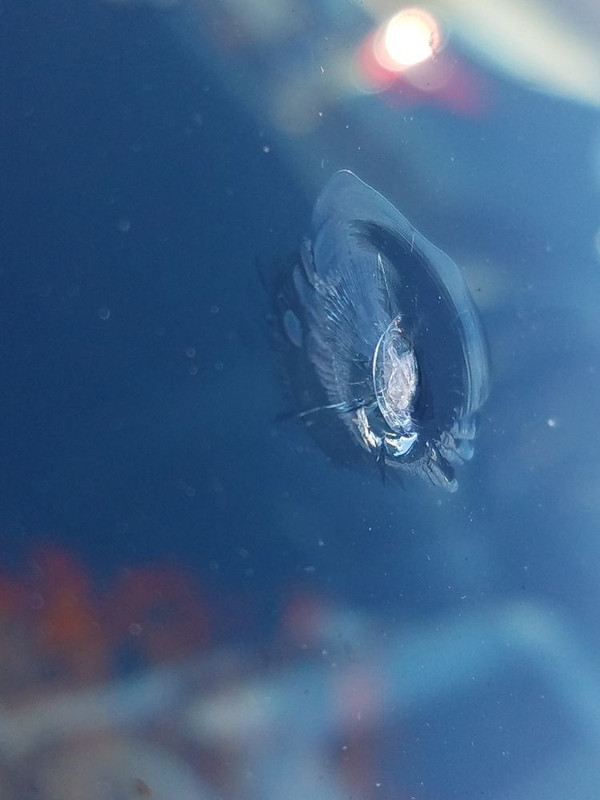Introduction
Auto glass plays a crucial role in the safety and functionality of vehicles. However, many people overlook its environmental impact, which can be significant. From the raw materials used in manufacturing to the disposal of old windshields, every step in the lifecycle of auto glass affects our planet. This article will delve deep into The Environmental Impact of Auto Glass and How to Minimize It, shedding light on sustainable practices, innovative technologies, and responsible consumer choices.
Table of Contents
Understanding Auto Glass- 1.1 What is Auto Glass Made Of? 1.2 Types of Auto Glass 1.3 Importance of Windshield Integrity
- 2.1 Raw Materials Sourcing 2.2 Energy Consumption 2.3 Emissions from Production
- 3.1 Landfill Contribution 3.2 Resource Depletion 3.3 Chemical Pollution
- 4.1 Benefits of Recycling 4.2 The Recycling Process 4.3 Challenges in Recycling Programs
- 5.1 Why Replace Your Windshield? 5.2 Choosing Quality Over Cost 5.3 Local Options: Windshield Replacement Greensboro
- 6.1 Eco-Friendly Materials 6.2 Energy-Efficient Manufacturing Techniques 6.3 Innovative Technologies in Auto Glass
- 7.1 Choosing Recycled Products 7.2 Understanding Your Options: Auto Glass Replacement Greensboro 7.3 The Role of Consumers in Sustainability
- 8.1 Smart Windshields: A Step Towards Sustainability? 8.2 Biodegradable Alternatives?
Conclusion
FAQs
- Q1: What should I do with my old windshield? Q2: Are there eco-friendly brands for auto glass? Q3: How does auto glass recycling work? Q4: Can I drive with a cracked windshield before replacement? Q5: What is the average cost for windshield replacement in Greensboro? Q6: How can I find reliable auto glass services?
Understanding Auto Glass
What is Auto Glass Made Of?
Auto glass primarily consists of two types: tempered glass and laminated glass, each serving different purposes within a vehicle's structure.

- Tempered Glass: This type undergoes a rigorous heating and cooling process that makes it stronger than regular glass, often used for side windows. Laminated Glass: Usually applied to windshields, this involves layers bonded together with a plastic interlayer to enhance safety.
Understanding these materials helps consumers appreciate the complexity behind their windshields and other glasses.
Types of Auto Glass
When discussing auto glass, we often refer to three main categories:
- Windshields: Protect occupants from wind and debris while providing structural integrity. Side Windows: Generally made from tempered glass; they shatter into small pieces upon impact. Rear Windows: These can be either tempered or laminated but are designed to provide visibility and insulation.
Each type has its own manufacturing processes that contribute to its environmental impact.
Importance of Windshield Integrity
A compromised windshield can reduce visibility and diminish occupant safety during accidents, making it crucial to replace damaged windshields promptly.
The Manufacturing Process
Raw Materials Sourcing
The production of auto glass begins with the extraction of raw materials like silica sand, soda ash, and limestone—elements that come with their own environmental costs associated with mining and transportation.
Energy Consumption
Manufacturing auto glass is energy-intensive due mainly to high-temperature processes required for shaping and tempering the material.
Emissions from Production
Factories generate emissions that contribute to air pollution during production; mitigating these impacts requires adopting cleaner technologies.
Environmental Impacts of Auto Glass
Landfill Contribution
Many damaged windshields end up in landfills where they take years to decompose while contributing to space issues—a consequence easily mitigated through recycling efforts.
Resource Depletion
The extraction processes involved in obtaining raw materials deplete natural resources faster than they can be replenished, prompting urgent calls for more sustainable practices.
Chemical Pollution
Chemicals utilized during production processes can leach into soil and waterways if not managed properly; thus encouraging eco-friendly practices becomes essential.
Recycling Auto Glass
Benefits of Recycling
Recycling auto glass reduces landfill waste while conserving natural resources by reusing existing materials instead of extracting new ones—an efficient way to minimize environmental impact!
The Recycling Process
Here's how it generally works:
1) Collection at service centers. 2) Cleaning and sorting. 3) Crushing into cullet (small pieces). 4) Melting down for reuse!
This process illustrates an effective loop towards sustainability.
Challenges in Recycling Programs
Despite its benefits, recycling programs face challenges like lack of awareness among consumers and insufficient infrastructure leading some facilities to abandon recycling altogether!
Auto Glass Replacement: An Overview
Why Replace Your Windshield?
Driving with a cracked or chipped windshield poses serious risks—from impaired visibility to compromised structural integrity during accidents—making timely replacements crucial!
Choosing Quality Over Cost
While tempting to opt for cheaper alternatives, investing in quality ensures safety! Cheaper options might compromise integrity leading you back to square one sooner than expected.
Local Options: Windshield Replacement Greensboro
For residents looking for reliable service around Greensboro, numerous qualified technicians specialize exclusively in auto glass repair/replacement ensuring your vehicle remains safe on roads!
Sustainable Practices for Auto Glass
Eco-Friendly Materials
Innovations have introduced eco-friendly materials such as recycled polyester composites that significantly decrease reliance on virgin resources—a promising step toward sustainability!
Energy-Efficient Manufacturing Techniques
Efforts are underway among manufacturers aiming at reducing energy consumption through renewable sources like solar power—paving paths toward greener methods!
Innovative Technologies in Auto Glass
With advancements emerging rapidly—from self-healing glasses capable of mending minor scratches automatically—to smart coatings enhancing durability while minimizing waste generation—future looks bright!
Consumer Responsibility in Auto Glass Choices
Choosing Recycled Products
Selecting products made from recycled materials promotes sustainability! Always inquire about brands' commitments toward eco-friendly sourcing when purchasing windows/windshields next time!
Understanding Your Options: Auto Glass Replacement Greensboro
In Greensboro specifically tailored services offer exceptional care regarding replacement ensuring both quality craftsmanship & consideration towards environmental standards must not be overlooked!
The Role of Consumers in Sustainability
Ultimately consumer choices drive demand influencing manufacturers’ practices leading them towards better options! Advocating for transparency regarding sourcing/manufacturing benefits everyone involved long-term!
Future Trends in Auto Glass
Smart Windshields: A Step Towards Sustainability?
Futuristic tech promises integration beyond mere visibility—think heads-up displays featuring navigation info right on your windshield! While enhancing driving experience also fosters smarter resource usage overall!
Biodegradable Alternatives?
Research continues exploring biodegradable composites as eco-conscious alternatives paving way forward towards reducing dependency on traditional durable yet harmful plastics once needed!
Conclusion
To sum it all up, understanding The Environmental Impact of Auto Glass and How to Minimize It is vital not just as consumers but also as stewards for our planet’s future! By choosing recycled products, supporting local services like “Auto Glass Replacement Greensboro,” engaging actively within communities advocating sustainable practices—we collectively influence lasting change benefiting generations ahead!
FAQs
Q1: What should I do with my old windshield?
You should recycle it if possible! Many shops will accept old windshields for recycling or guide you on proper disposal methods.
Q2: Are there eco-friendly brands for auto glass?
Yes! Some brands focus specifically on using sustainable materials; always check their product specifications before purchasing.
Q3: How does auto glass recycling work?
Old windshields auto glass Greensboro 24 hour are collected, cleaned/sorted then crushed into cullet before being melted down again—allowing them back into new products effectively reducing waste!
Q4: Can I drive with a cracked windshield before replacement?
It’s risky; even small chips can obscure vision or worsen over time leading you toward accidents—it’s advisable not too wait too long before getting replacements done!
Q5: What is the average cost for windshield replacement in Greensboro?
Costs vary based on vehicle make/model but generally range from $200-$600 depending upon factors including labor/materials involved so always get estimates first!
Q6: How can I find reliable auto glass services?
Look online reviews/ratings within your locality (like ‘Windshield Replacement Greensboro’) ensuring transparency about pricing/services offered helps build trustworthiness too!
